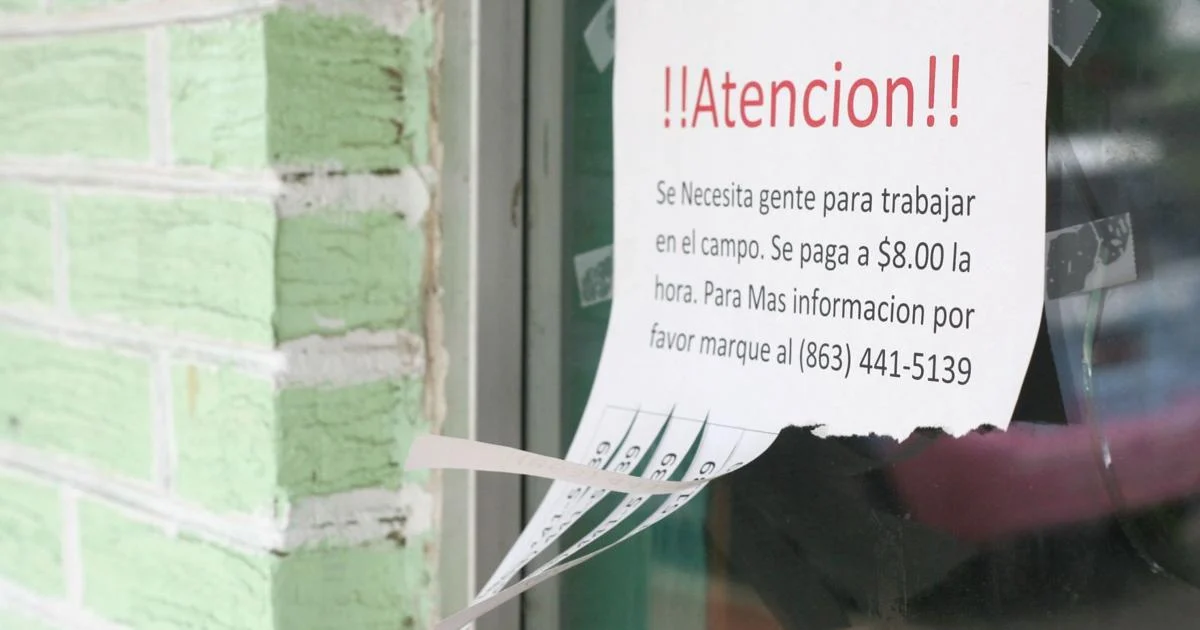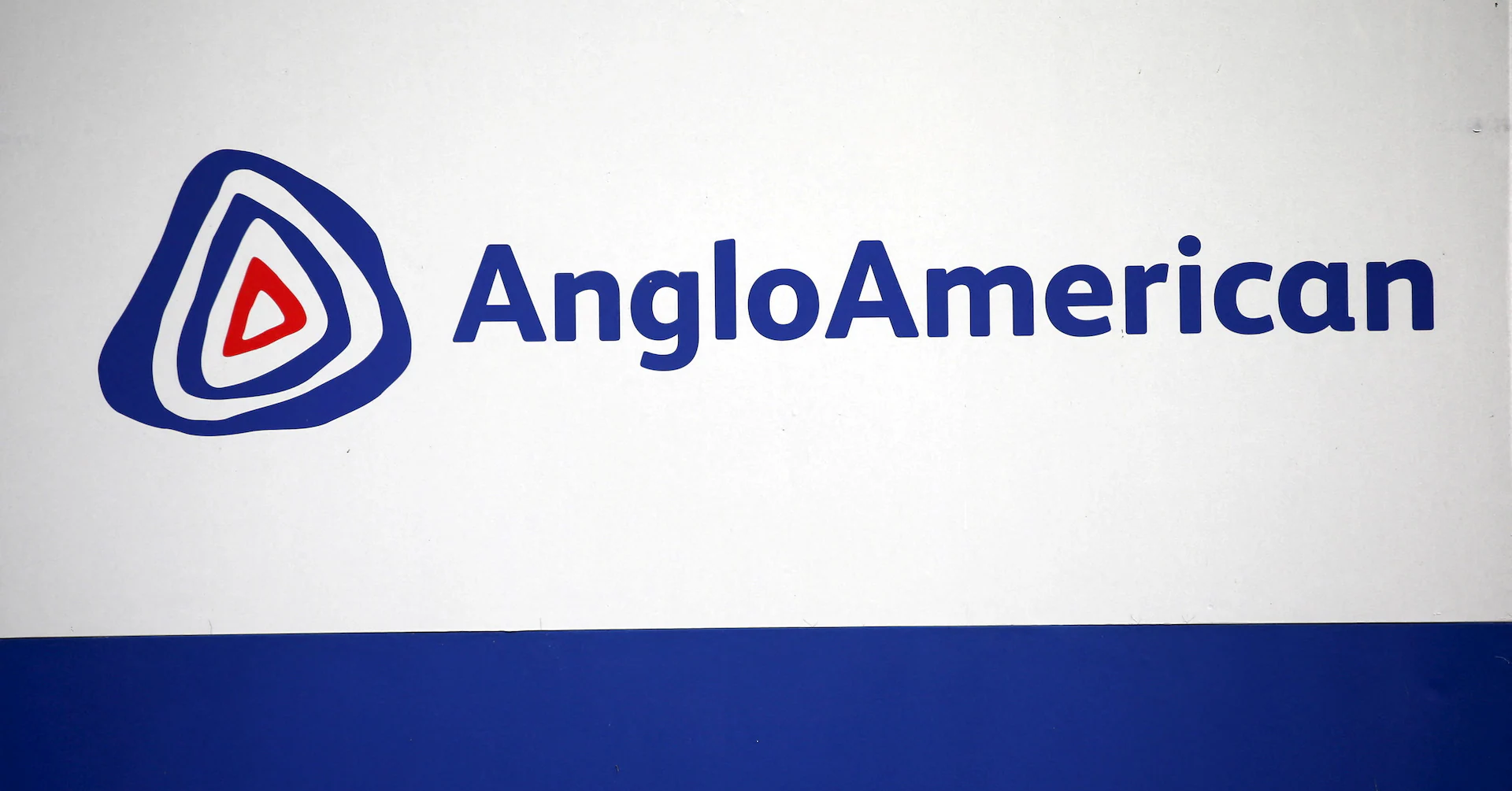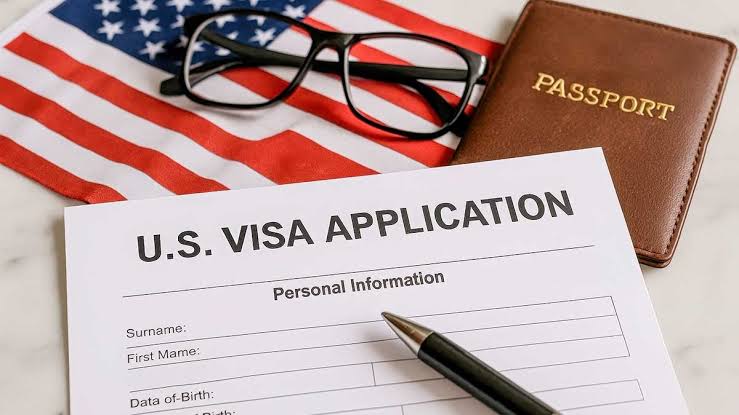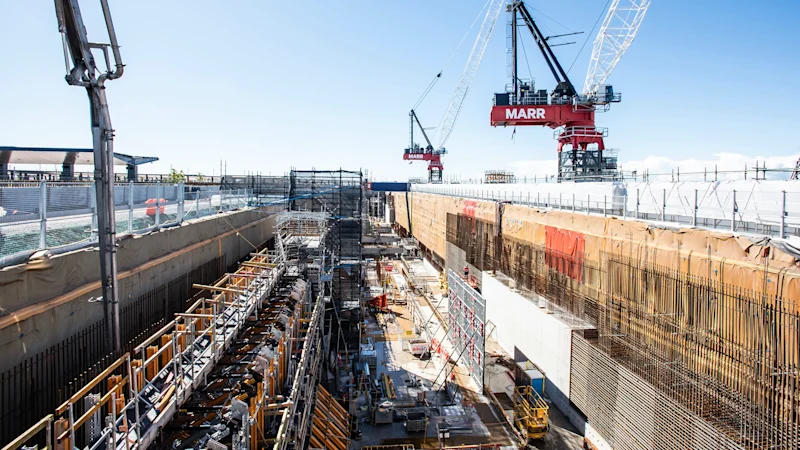
GREENVILLE — You might not notice until they’re gone.
They help to build houses, run hotels and care for children and elderly relatives. And now many are quietly disappearing.
Some are being deported. Others are too scared to show up to work.
In 2024, President Donald Trump promised the largest mass deportation effort in U.S. history for more than 10 million unauthorized migrants living and working in the U.S. Since then, border crossings have nosedived, Immigration and Customs Enforcement arrests have doubled, and the number of people in detention is at record highs, according to federal data.
Most recently on Sept. 5, immigration authorities announced they detained 475 people — most of them South Korean nationals — in a record-breaking raid at a manufacturing site outside Savannah, where Korean automaker Hyundai makes electric vehicles.
The enforcement has had a chilling effect on businesses that rely heavily on immigrant labor.
The largest industries like hospitality and agriculture get a lot of attention, said Frank Knapp, president of the S.C. Small Business Chamber of Commerce. But small businesses across South Carolina are suffering, too.
“It’s everybody, even the laundromat guy,” Knapp said.
It’s hard to know how many unauthorized immigrants are in South Carolina, but the Migration Policy Institute estimates that 88,000 undocumented immigrants live in the Palmetto State.
They paid $213.8 million in state and local taxes in 2022, according to the most recent study from the Institute on Taxation and Economic Policy, a nonpartisan tax policy group. Those tax dollars come from sales and excise taxes levied on purchases, property taxes on homeowners and renters, and personal and business income taxes.
Greenville County, the largest county in the state, has the most Hispanic and Latino residents by population. Most work in construction, manufacturing, cleaning services and food preparation, according to a report from the local Hispanic Alliance. The industries, like many others, have been hit hard by an ongoing labor shortage. As of November, South Carolina had a labor force participation rate of around 58 percent, one of the worst in the nation.
“Detaining and deporting labor, making other immigrants afraid to go to work, ends up with even a bigger labor shortage,” Knapp said.
Immigrant workers afraid on the job
Reinaldo Useche is originally from Venezuela, but has called Greenville home since 2015. A general contractor, he handles construction projects across the Upstate and is proud of the reputation his team has. While someone else might take two hours to paint a house, he and his subcontractors might take 10 hours or more to make sure they do it right.
“I’m driven to solving problems, fixing stuff for people,” Useche said. “We take a lot of pride in our work, me and everyone in my group.”
Useche has spent “a small fortune” to make sure he’s on the right side of the law, he said. He and his family are working to obtain U.S. sponsorship with assistance from the S.C. Hispanic Chamber of Commerce — a lengthy process costing thousands of dollars.
Not everyone has that kind of money.
And since Trump came into office, Useche said, he’s seen “a lot of fear” among the people who work for him. He contracts out work to 26 or so people who hail from Nicaragua, Honduras, Guatemala, Chile, Venezuela and Colombia.
“Everybody’s like, ‘Hey, we’re not going to go out to work today,’ because, you know, even though they are legal, the feeling is that legality matters less and less,” Useche said.
Police have questioned his workers several times in traffic stops, and the encounters have been nice and polite, Useche said. But the workers have all heard about other people being detained.
It’s hard to know what’s true, Useche said, and “we don’t want to take the risk to find it out by ourselves.”
No quick fix to immigration issues
Other business owners across the Upstate echo the same thing, said Evelyn Lugo, president and founder of the first Hispanic chamber in South Carolina.
Lugo came to Greenville from Puerto Rico with her husband and two sons in the early 2000s. After she started working for a local credit card processing company, she realized many Hispanic business owners were having issues connecting with the rest of the local business community. She started the chamber in August 2007.
But this problem didn’t start with Donald Trump, Lugo told The Post and Courier.
“These are the consequences of — how do you say it — not doing what you were supposed to be doing regarding immigration for years and years,” Lugo said.
Authorities in Washington, D.C., have neglected to address immigration reform in meaningful ways for decades, Lugo said.
Nate Leupp, a conservative Upstate politico who leads the 4th District Republican Club, said he approved of Trump’s immigration policy — but with an asterisk.
The administration has focused on closing the border and going after undocumented immigrants with criminal backgrounds, he added, although they are turning their attention back to the visa process.
Republicans want to emphasize legal immigration options that make it simple for workers to come legally to fill in-demand jobs, he said.
“The only thing that most conservatives are against is illegal immigrants working and entering the country,” Leupp said. “I think it’s crazy for someone to say that Trump is against (all) immigrants working here.”
As Lugo mused on current events like the anniversary of 9/11, the killing of Minnesota state representative Melissa Hortman and Charlie Kirk’s assassination, she concluded this issue was really about the heart.
“It’s not about only immigration, it’s about people. We’re talking about families. We’re talking about children,” she said. “Until we come together, until we have everybody at the table and we take this seriously, no matter what happens. … Until then, we will continue (to deal) with this.”



